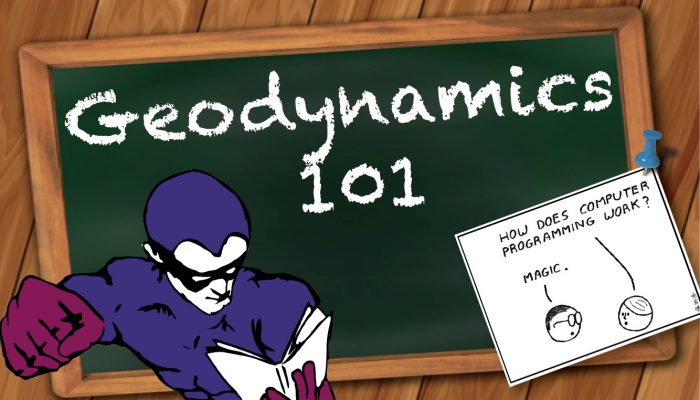Let me just talk to you about what I have been doing with my free time recently: I discovered a feature from Google Books named Ngram viewer which allows you to make graphs that show how words or phrases have occurred in a selection of books (e.g., English) over the selected years. I have of course been playing with this thing! You can imagine how exciting my weekends are. In all seriousness, thou ...[Read More]
Karaoke, geodynamics, and a bit of history




